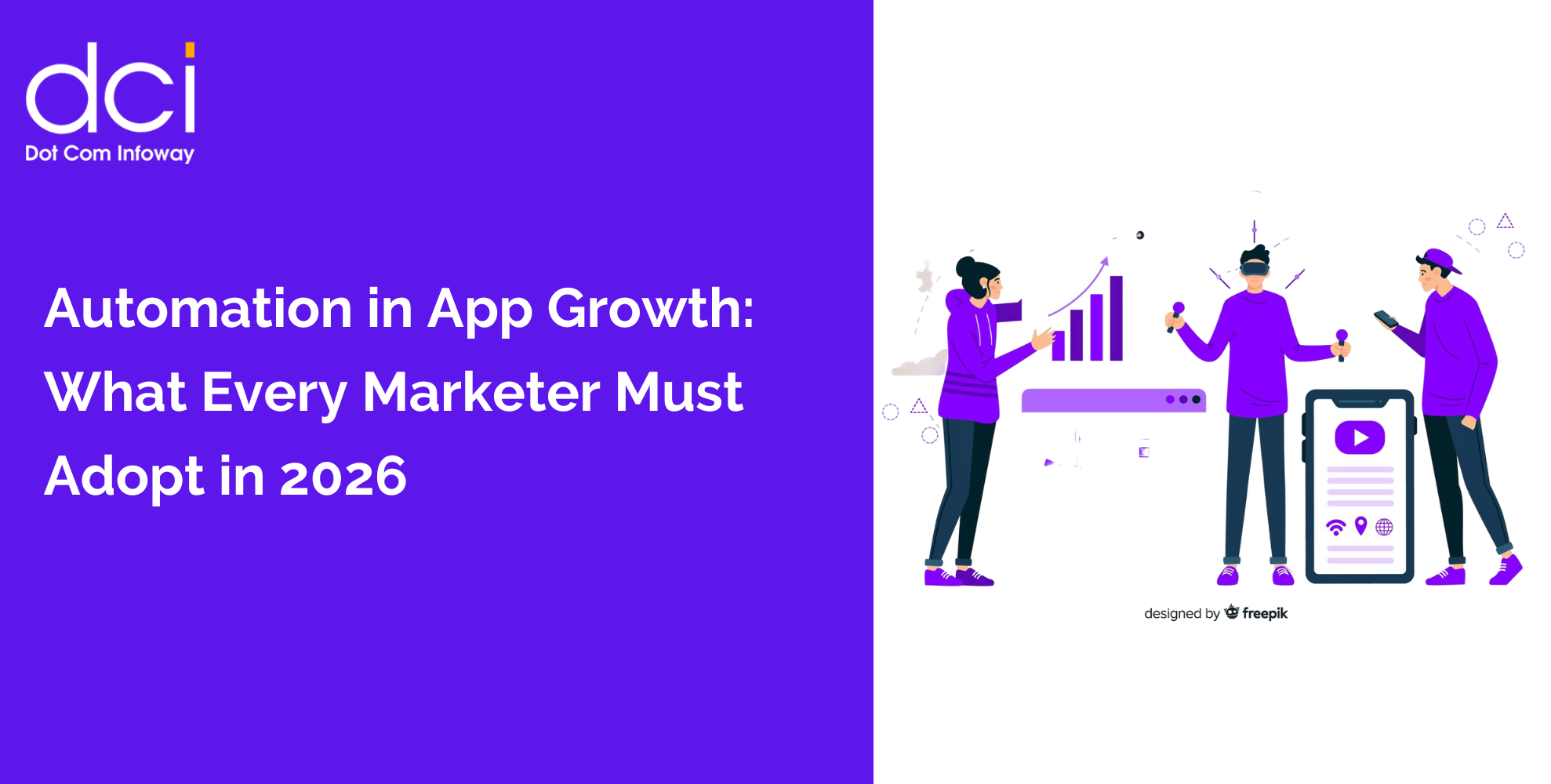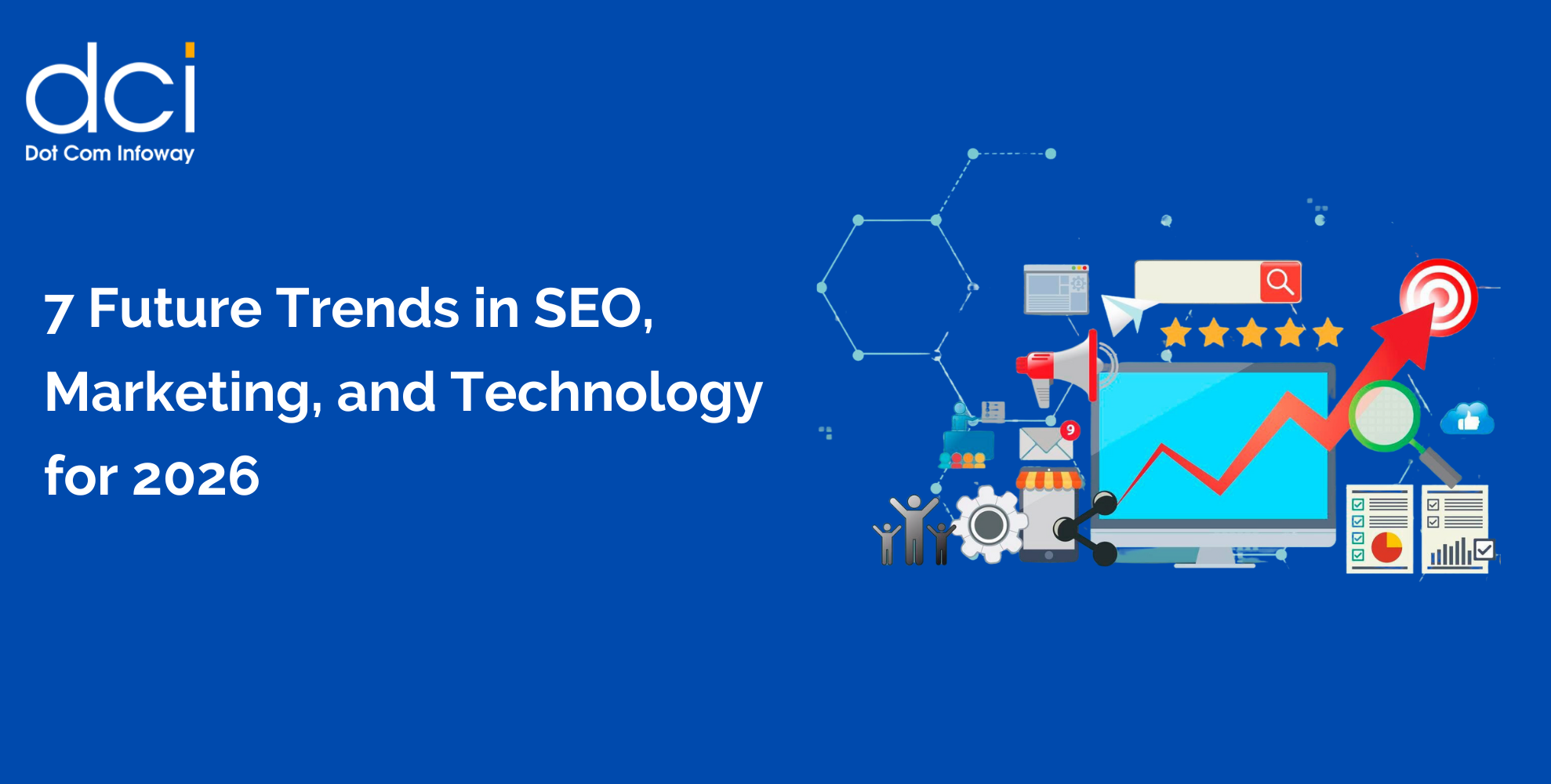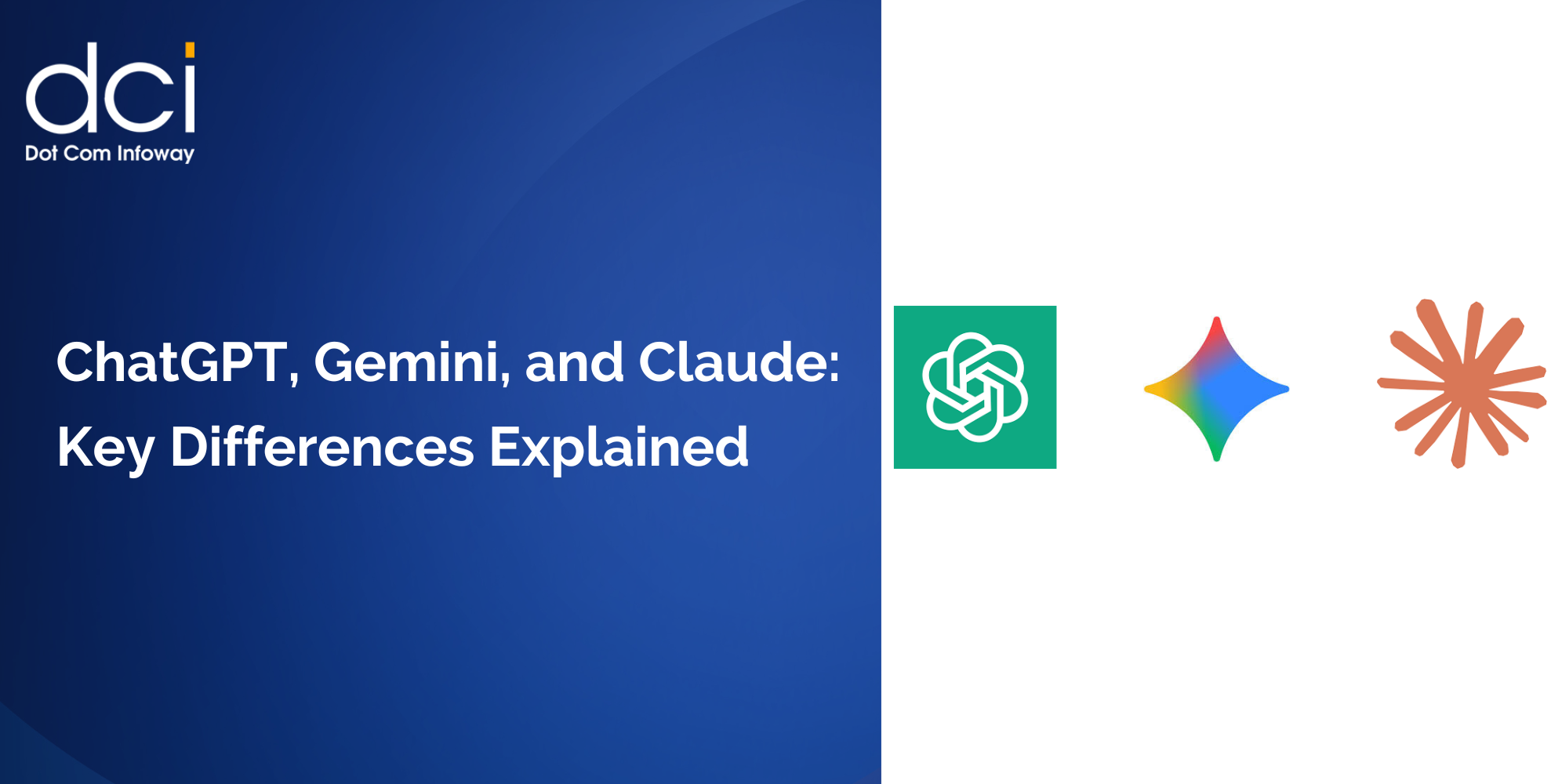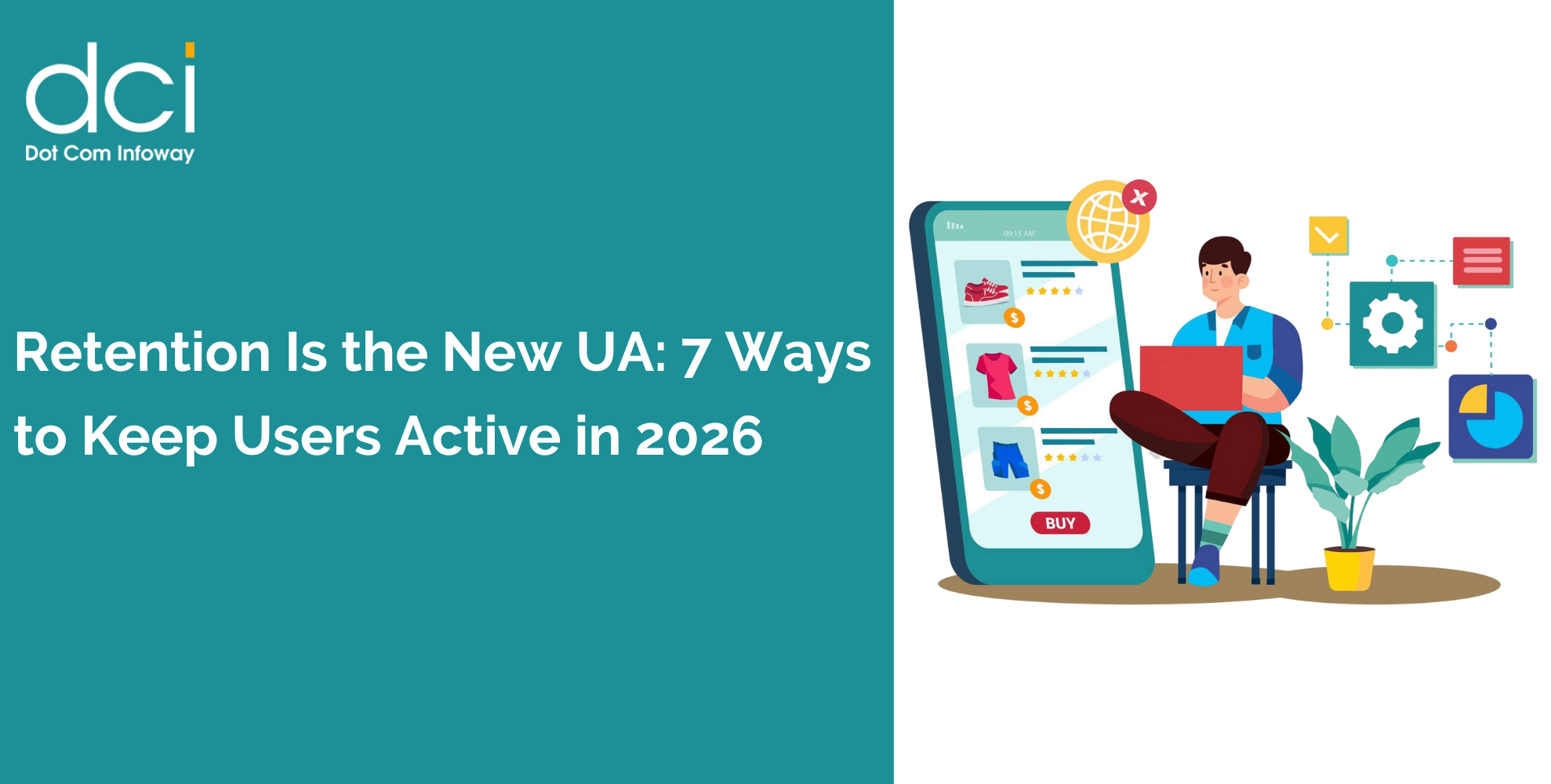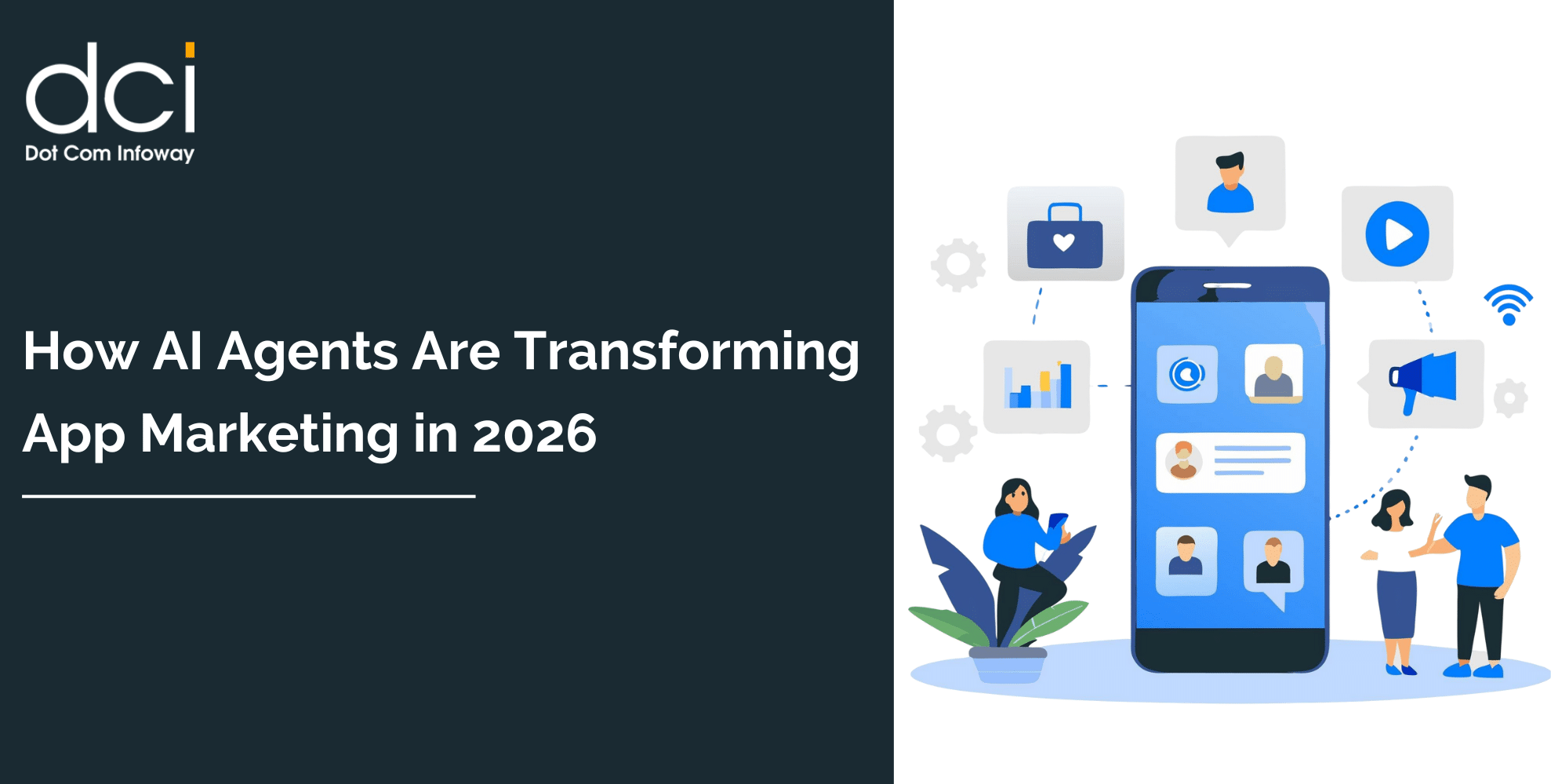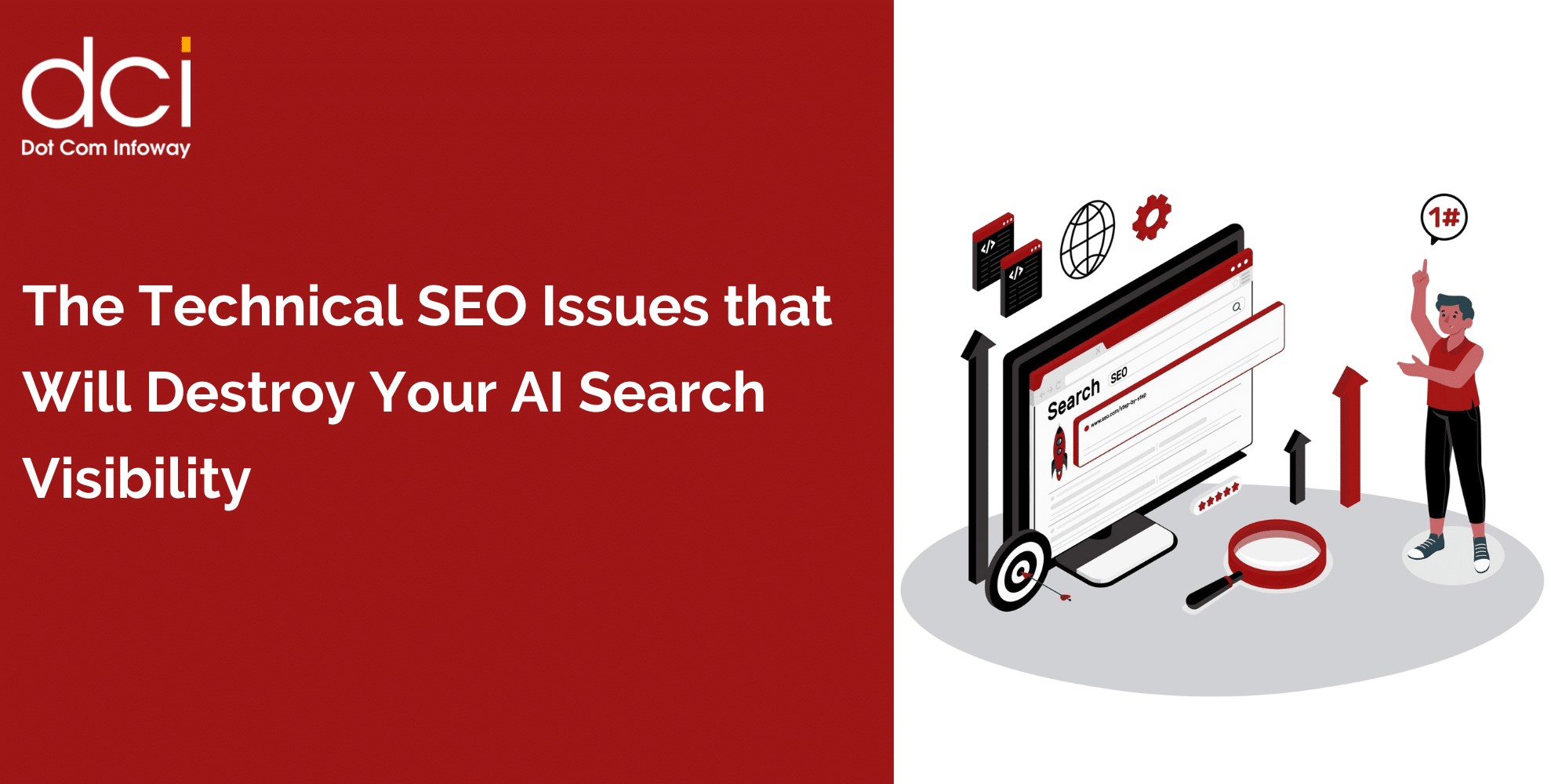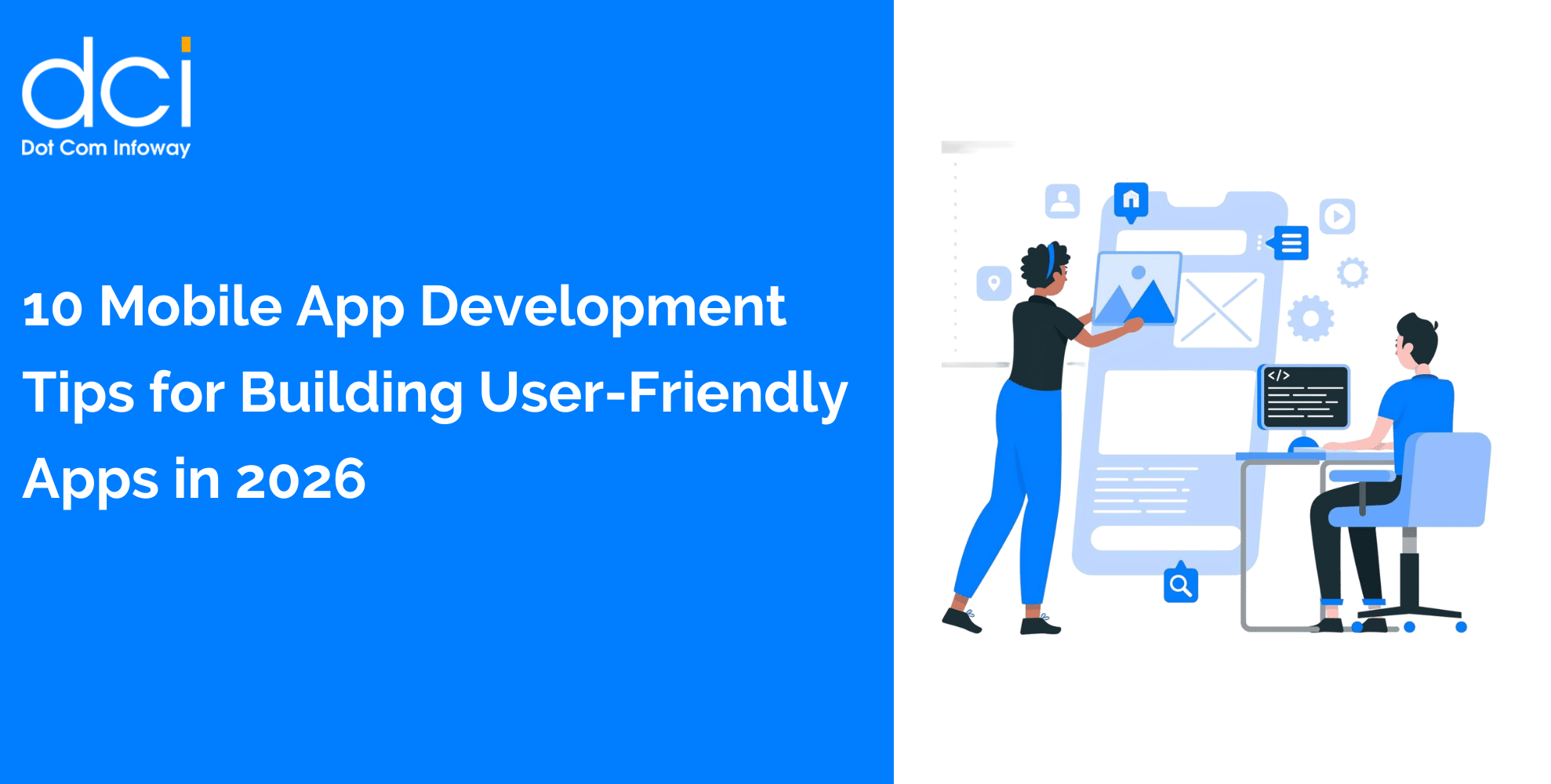LLM SEO Trends for 2025 reflect the rapidly evolving nature of search, driven by the rise of generative AI models like Large Language Models (LLMs). As Google, OpenAI, Meta, and others push the boundaries of machine understanding, the digital marketing landscape is undergoing a seismic shift. Search engine behavior, user expectations, and content strategies are all being redefined. With Google’s latest Search Generative Experience (SGE) and AI-powered algorithm updates focusing on contextual relevance and intent, understanding these trends is no longer optional—it’s essential for surviving and thriving in today’s hyper-competitive digital ecosystem.
LLM SEO Trends for 2025: What Every Marketer Must Know
7 mins read
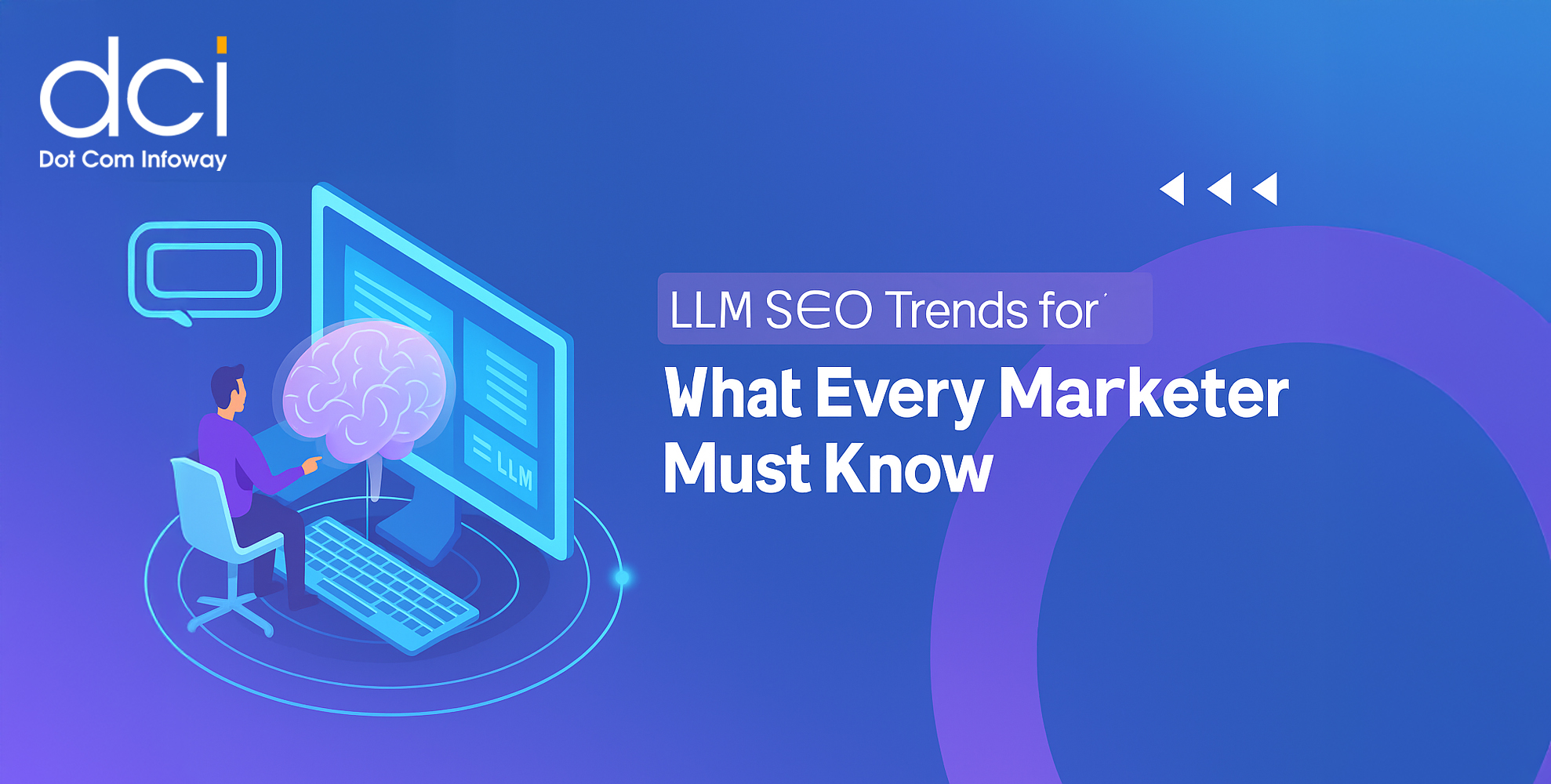
The Era of Generative Search
Search engines have evolved from being mere databases into intelligent response systems. With LLMs at their core, these systems now summarize, synthesize, and serve answers not just links. In 2025, expect most top-ranking search results to feature AI-curated responses backed by authoritative sources. This pushes content creators to optimize not just for keywords, but for conceptual relevance and topical authority.
SEO content that wins in this environment will mirror human reasoning. It’s no longer about matching a keyword phrase verbatim, but about satisfying intent with depth, clarity, and contextual completeness. This change is monumental and marketers must adapt fast.
Semantic Richness Beats Keyword Stuffing
Long gone are the days of keyword density hacks and robotic writing. Instead, semantic SEO powered by LLMs encourages natural, topic-rich language. Search engines trained on massive text corpora now understand the nuanced relationship between concepts, synonyms, and user intent. If your blog still relies on outdated keyword frequency strategies, you’re likely invisible to modern algorithms.
In 2025, writing for machines is indistinguishable from writing for humans—because machines have learned to interpret like humans. Successful pages are those that demonstrate authority through rich, interconnected content.
Topical Authority as a Ranking Factor
Google has made it clear through patent filings and recent updates: Topical Authority is king. Instead of isolated pages, it now values topic clusters interconnected articles that cover a subject holistically. LLMs love this structure. They prioritize domains that demonstrate deep, organized knowledge across a subject area.
To capitalize on this, marketers must invest in pillar content and internal linking strategies. A single article on “LLM SEO Trends for 2025” won’t cut it anymore. Instead, you need a network of related articles that reinforce each other semantically, structurally, and contextually.
Structured Data and Rich Results Still Matter
While LLMs improve natural language comprehension, they still benefit from structured cues. Schema markup, FAQ blocks, and meta descriptions provide context that helps models understand your content faster and more reliably. In fact, structured data is increasingly used to power AI snapshots, answer boxes, and voice results.
If your content lacks schema markup in 2025, you risk being skipped entirely by AI-driven search snippets. Think of structured data as the signposts that guide both bots and users to your value.

Ready to boost your website’s rankings and online visibility?
Discover how our expert SEO services can resolve ranking issues, drive traffic, and elevate your website’s performance to the next level!
The Rise of Multimodal SEO
Images, videos, audio, and interactive widgets are now being crawled and interpreted via multimodal AI models. In 2025, optimizing only text-based content is like showing up to a marathon with one shoe. LLMs like GPT-5 and Gemini can analyze and generate visual descriptions, meaning image alt text, video transcriptions, and embedded media are not just useful, they’re essential.
Expect to see visual SEO techniques (like descriptive captions and AI-generated thumbnails) rise in importance, especially for e-commerce, news, and tutorial niches. Content that speaks to the eye and ear will rank better than walls of plain text.
Human-Like Writing is Non-Negotiable
Google’s Helpful Content System, reinforced by LLM advancements, penalizes content that lacks originality or human touch. AI detection models now check for repetitive phrasing, generic intros, and keyword-heavy fluff. Ironically, in a world ruled by AI, what wins is being more human.
That’s why marketers must embrace tools like Yoast SEO and Flesch Reading Ease Score to ensure clarity, flow, and reader-friendliness. Keeping passive voice under 10% and ensuring at least 30% of sentences use transition words isn’t just best practice—it’s algorithmically preferred.
Optimizing for AI Summaries (Answer Engines)
Featured snippets and AI-generated answers now draw more clicks than traditional blue links. To land in these spots, you need to format your content for zero-click searches. This means clear subheadings, concise answers at the start of paragraphs, and definition-style statements that models can lift directly.
Use tools like Hemingway Editor and Grammarly to ensure readability. But more importantly, structure your content like a dialogue—predict the reader’s questions and answer them upfront.
The Role of E-E-A-T in LLM SEO
Experience, Expertise, Authoritativeness, and Trustworthiness (E-E-A-T) has always mattered—but now LLMs can infer it from your content. In 2025, AI will assess your brand’s footprint across web properties, user reviews, social mentions, and interlinking behavior to rank content.
Incorporate author bios, link to credible external sources, and showcase real-world case studies to strengthen your trust signals. Demonstrating lived experience in your niche is one of the most powerful LLM SEO tactics moving forward.
Re-Optimization and Continuous Content Updates
LLMs are trained on ever-expanding datasets. So, stale content even if once optimized will fade in relevance. That’s why content freshness is now a critical ranking factor. Set reminders to update your cornerstone pages quarterly, incorporate new statistics, and revisit your keyword intent assumptions.
Google and OpenAI are watching for signals that you care about your users. And updated content does exactly that.
Conclusion
The future of search is undeniably intelligent, adaptive, and user-centric. LLM SEO trends for 2025 demand a new mindset, one that blends human empathy with machine optimization. It’s not about tricking algorithms anymore. It’s about teaching them through your content why you’re the most trustworthy source.
So, stay updated. Re-strategize often. And write like you mean it. Because in the age of generative AI, the brands that connect with human intent while aligning with AI expectations are the ones that will thrive.
Latest Posts
Get the latest insights from Dot Com Infoway straight to your inbox.





![The Game Marketing Guide: Pre and Post-Launch Strategies [Infographic]](https://www.dotcominfoway.com/wp-content/uploads/2023/09/DCI-Game-Marketing-blog-1.jpg)

